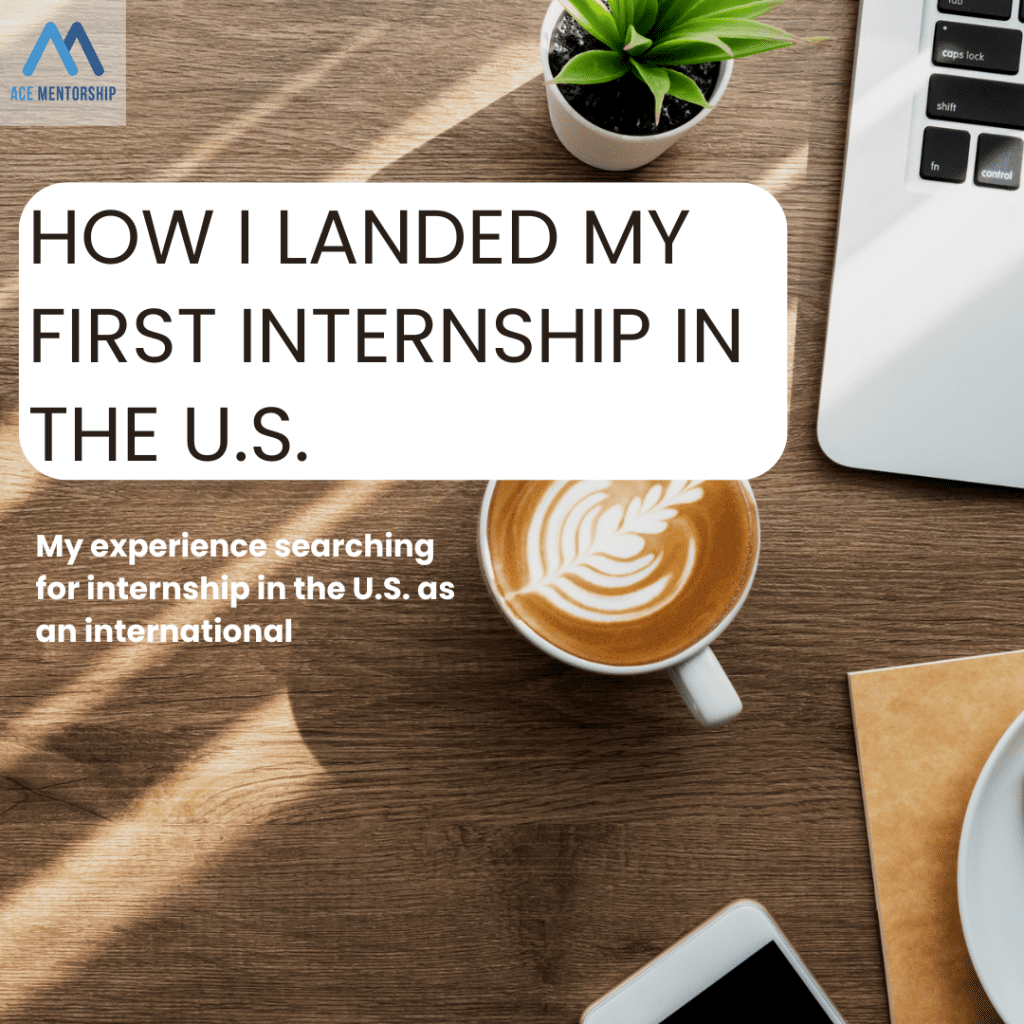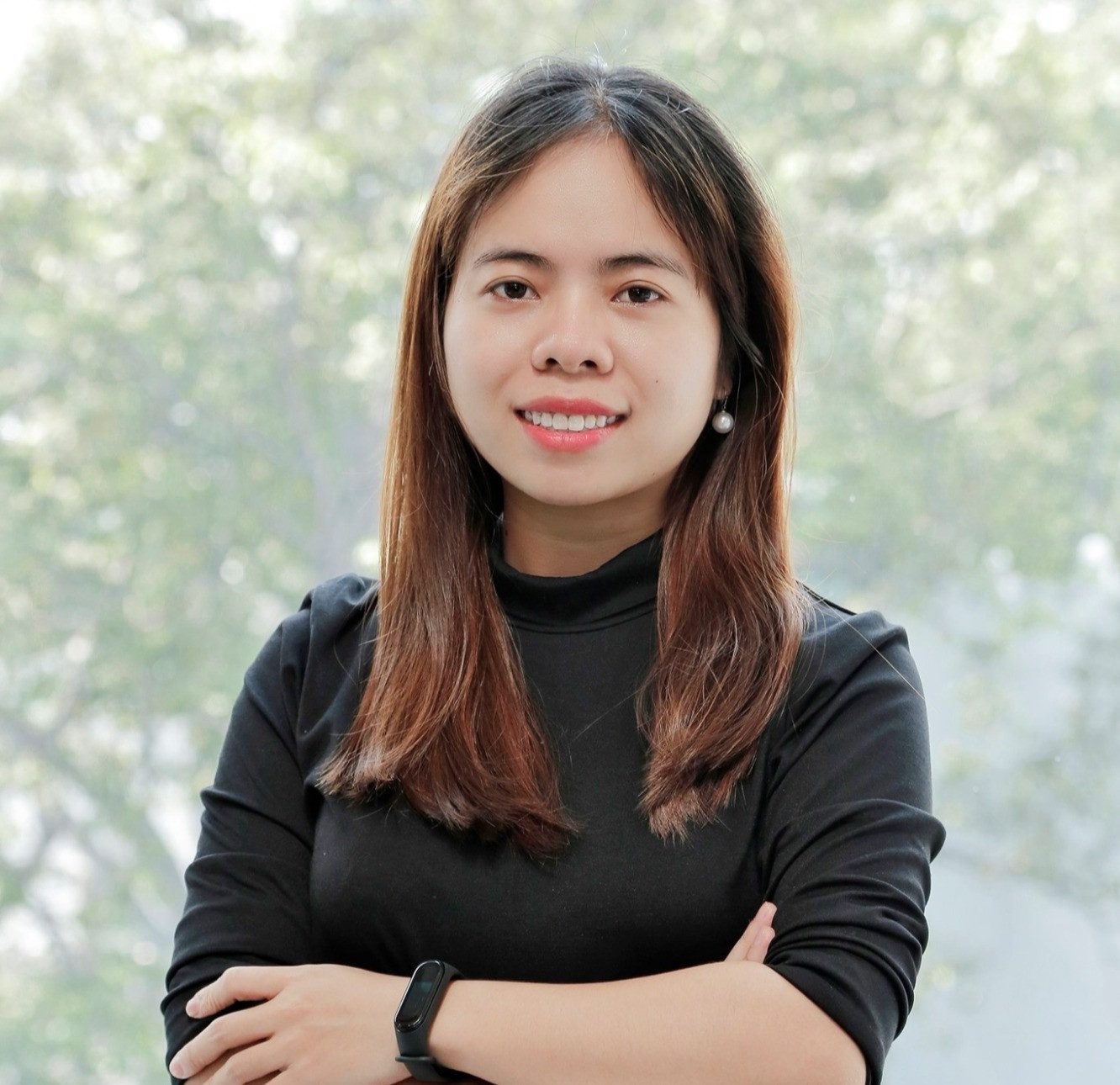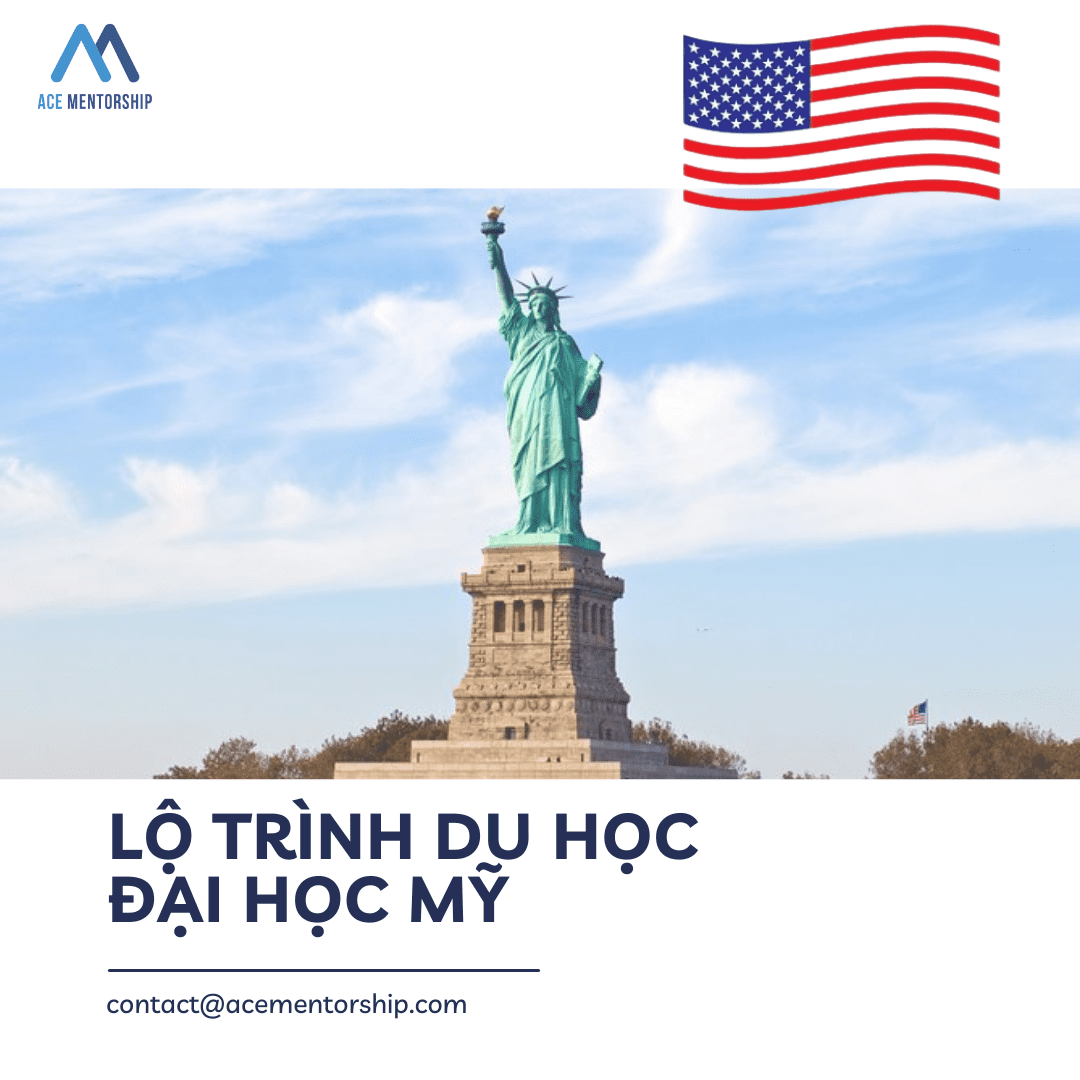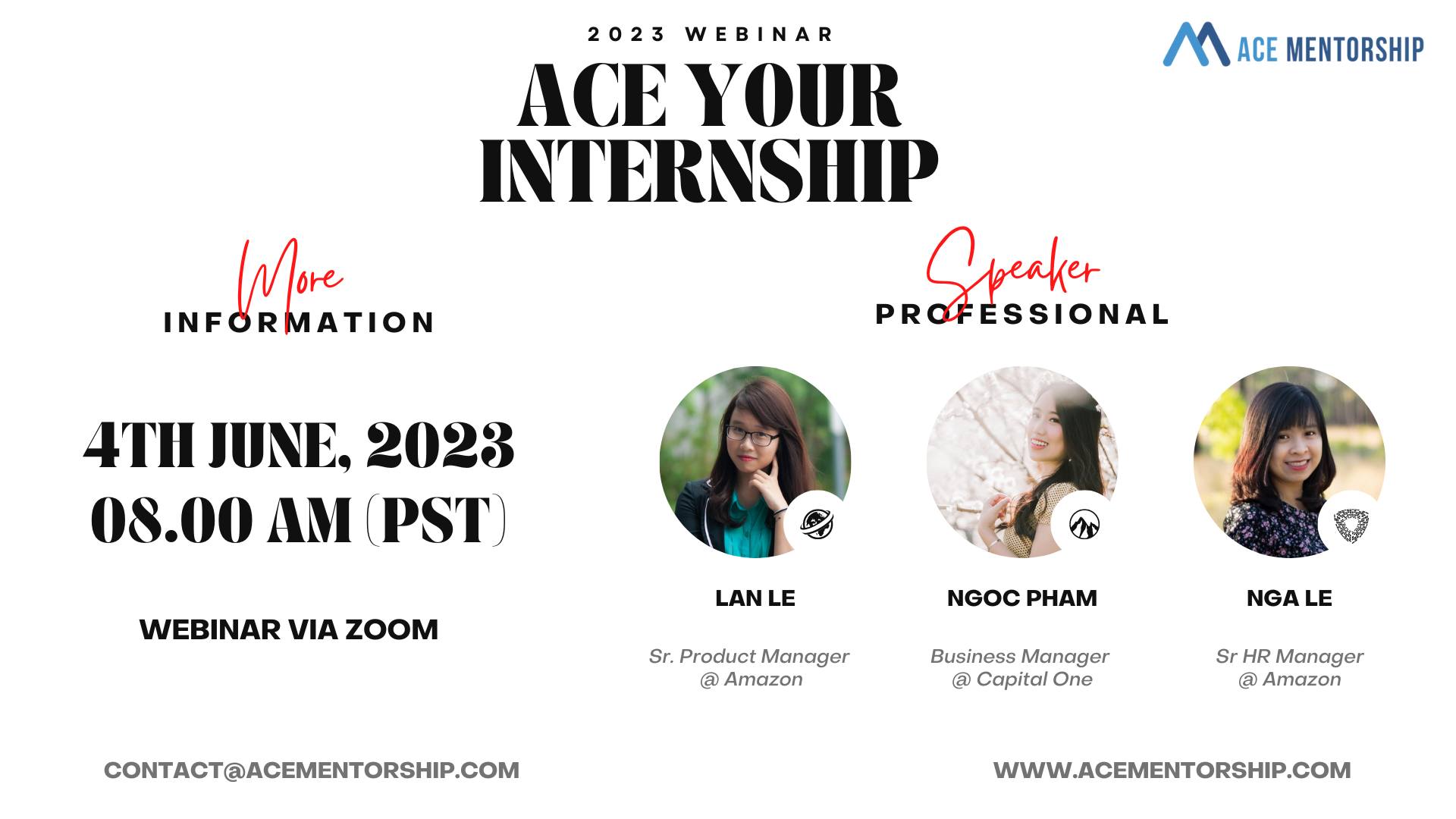How I Landed My First Internship in the U.S. as an International Student
This is from a blog I wrote in 2016. Although times were different then—perhaps a bit easier, or maybe not—the challenges that international students face in the job market, such as visa sponsorship and language barriers, remain largely the same. The key takeaways are still relevant for today’s job search, so I wanted to share it again. I hope you find it helpful.
——
There’s a saying “ Where there’s a will, there’s a way”. And I, personally, have no doubt in its true meaning. I, not studying at a top-tier MBA program, not holding US citizen, not having a background in a “hot” field, am still able to get the internship offer from Amazon, which is well-known for its strict recruiting process. Even though getting an internship does not guarantee me a full-time position after graduation, it ‘s a big milestone for me. To me getting an internship is not a state, but a long process, which requires persistence, hard-working, and above all, optimism.
I started my internship search when my MBA began for one week. Actually, before coming to the US, I reviewed my resume’, and connected with the school’s mentors, who I think have a similar background with me, on LinkedIn. I hoped that the mentors could provide me good advice on how to apply for an internship in the US, or better, they can connect me with potential job leads.
With the preparation, I had my resume’ ready in hands for online applications right when I got here. In the following weeks, I spent average two hours every day for job-related activities such as submitting online application, connecting with alumni, meeting with my mentors and asking advice from the career center.
One month after my MBA started, I decided to go to National Black MBA career fair- one of the biggest career fairs for MBA in the US. Even though I had not had much experience with career fair at this time, I thought it should be a good chance for me to get exposure to US job market. To prepare for the career fair, I practiced my personal pitch, revised my resume’, and applied for jobs on the career fair’s website. Beyond my expectation, I got an interview invitation for the HR intern position at Campbell Soup, which is a big company producing nutrition foods in the US. I quickly prepared for the interview. I asked the career center and my mentors to help me with mock interviews. I also connected with an alum, who ‘s currently working for Campbell soup as Marketing manager, trying to learn more about the company’s culture. I took the flight to Orlando- where the career fair was held, one day before the event. As my interview was on the second day of the career fair, I had time to talk to other companies at the career fair on the first day. I printed out more than 30 copies of my resumes’, attached my business cards on each of the copies, targeted potential companies, and brought some thank-you notes in case I needed them. Everything went well when I had another interview at General Mills booth (another company in the food industry). The interview with General Mills was fine, but the interviewer said he could not arrange another interview with me at this time. The interview slots were full for the next day. I guessed it was his polite rejection not going forward with my candidacy. I was a little sad but still wrote him a thank-you note after the career fair. This turned out a smart move that helped me to have a good chance later on.
On the next day, I woke up early and took a cab going to the career fair. As I knew that the interviewer would ask me behavioral questions, I prepared thoroughly for this part. I answered all of his questions confidently. During the interview, he mentioned that he would like to have me come to visit Campbell soup factory, and he would contact me shortly after he came back his office. I was super happy and intended to hand him a thank-you note. But I did not meet him since he left the career fair earlier than I expected. I sent him a thank-you email instead. When I came back to the school, I was hopeful and looked forward to hearing the result. However, internship search is never an easy game. Two weeks later, I did not hear anything from Campbell soup or the interviewer. I emailed him, but he did not even answer me. I have not still heard anything, even a reject email, from Campbell Soup till today. I was sad, but decided to move on and come back to the search race.
A few months later, I kept searching, applying, connecting with alumni. When I was feeling depressed, I received a phone interview invitation from Quicken Loans. At this time, as I thought phone interview meant I can see my resume’, my answers’ sheet during the interview, I did not prepare much for it. I was totally wrong. Lacking careful preparation, I answered unconfidently and poorly. As a result, I received the reject email from them one day after.
I was upset with myself. However, it did not discourage me. I worked harder instead. In December, I knew that one of my classmates received internship offer from General Mills (GM). I wrote a congratulation email to the company ‘s talent acquisition manager, who interviewed me at the career fair back in September, saying that General Mills made the right choice to recruit my classmate. Lucky me, the manager remembered me and recommended me to reapply for the HR intern at General Mills. That’s why I thought my thank-you note was useful helping me to impress and keep contact with him. I followed his instruction. About one month later, when I came back from the winter break, I received a call from GM’s Compensation Director saying that she wanted to interview me. There would be 2 phone interview rounds. Taking the lesson from the last interview with Quicken Loans, I worked really hard to prepare for the interview this time. I mocked interviews with two different mentors in HR field and asked my classmate for advice. I also learned the lesson that because of my accent, it would be difficult when I talk over the phone. Thus, I practiced speaking slowly and clearly so that the interviewer can understand me. The interview lasted for about 1 hour. At the end of the interview, I asked her questions about GM and her role at GM. We shared a lot about MBA experience that enabled me to learn from her insight. I felt confident after the interview. My effort paid off when I received a “yes” from the recruiting manager to go to the final round with GM’s Culture Director. I predicted that the Director would ask me about cultural related questions, so I prepared for those questions. The interview went fine, but I felt there was something wrong in my answers. When he asked me questions that I did not prepare, I was nervous and started speaking fast, which made him difficult to understand me.
During the time I was having interviews with GM, I received another interview invitation from Dominion Enterprises for a Strategic business position. I prepared for both interviews at the same time. However, things were still out of my way. Right before I had an interview with Dominion, I received rejected email from GM which made me upset leading to my poor performance during the interview with Dominion. I did not get the job with Dominion as well.
It was the beginning of March, and I had not had any offers yet. My classmates, MBA friends started securing internship offers. On one hand, I was truly happy for them, on the other hand, I felt depressed. However, I know I need to move forward and can’t let the feeling draw me down. I kept myself optimistic, and believed that “where there’s a will, there’s a way”.
During the spring break, I received two interview invitation from T-mobile and Amazon. I knew that there were valuable chances, and I would not let these opportunities out of my hands. I prepared more carefully. I thought the reason for my previous failures were that my answers were not impressive enough, and not what the interviewers were looking for in the right candidates. I changed my strategy. Instead of preparing for the interviews cluelessly, I connected to people, who did their internship at T-mobile and Amazon in the previous years, asked their advice, figured out why they were chosen. Five out of eight people who I reached out replied me. I leveraged their advice, studied about Amazon and T-mobile, changed the way I answered questions to a more direct way. I also tried to highlight my strengths. I practiced harder.
During the interviews, I tried to make conversation with interviewers instead of one way ask- answer and I showed my confidence. My new strategy worked out well. I received an invitation for the final round with Amazon. To prepare for the final round, I called an MBA candidate from Irvine business school- he used to do his internship at Amazon, and received full-time offer to work there after his MBA graduation. I knew that the final round would have case-based interview questions, thus I focused on asking his advice on how to solve case questions. In the next few days, I reviewed knowledge, practiced case-interview. On the B day, since I prepared thoroughly, I felt confident that helped me to answer the questions more precisely and impressively. I made conversations with interviewers, asked him if there’s anything he did not understand in my answers, I could clarify the answers again. Instead of asking questions about Amazon’s program, I turned to ask about the interviewers themselves as I have learned that everyone loves to talk about themselves. This made them feel more open leading the interviews to move smoothly.
And finally, after 2 weeks of waiting, I received offer email from Amazon on Friday. The feeling was incomparable. I accepted the offer immediately. Now what I need to do is to prepare for my upcoming internship at Amazon in Seattle this summer. Though the internship search process was torturing and it consisted of more downs than ups, it was indeed worth when I finally achieved it. After all, I believe where there’s a will, there’s a way.
Key takeaways:
– Prepare carefully for resume’. Tailor the resume’ matching with jobs’ requirements. This helps me to secure 7 interviews invitation in completely different positions ( 4 for HR positions, 1 for a strategic development position, 1 for investment and 1 for finance).
– Prepare for interview thoroughly. Mock interview- the more the better. Make sure to conduct advice from those who are currently working at the company. Make the interview a conversation (ask-answer both ways). Turn the questions to the interviewers (everyone loves to talk about themselves)
– Network. Connect with people, who work in your target fields, target companies. But don’t ask for a job, ask for advice instead.
– Apply for as many suitable jobs as you can. Don’t assume that you’re not qualified for a job. You never know.
– Hard-working, perseverate, and optimistic.





